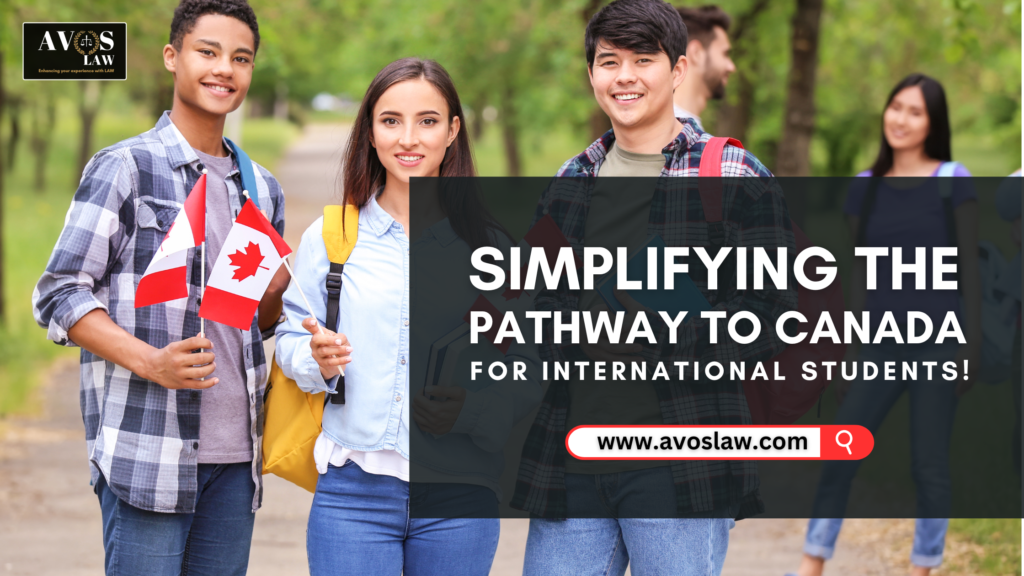Canada offers a wealth of opportunities, whether you’re looking to enhance your resume with a qualification from a Canadian institution or aiming to immigrate as a Permanent Resident.
For those in the former category, this refers to students who apply to and are accepted by a Canadian institution to complete a post-secondary course, a master’s program, or a similar degree recognized by a Designated Learning Institute (DLI).
However, applying for a study permit is not as straightforward as it may seem, and there is a significant chance of rejection. Therefore, it’s crucial to approach the study permit application process with great care and attention to detail.
Things to keep in mind when applying for a study permit:
Before applying for a study permit, it’s essential to determine whether your course requires one. Many courses, such as distance learning, general interest, or self-improvement courses, are exempt from needing a study permit. Additionally, minor children accompanying their parents on a work permit, or those with a parent who is a Canadian citizen or Permanent Resident, are also exempt. It’s important to note that the age of majority varies by province.
The most critical part of the study permit application is the study plan, which should include:
- Genuine Intention to Study: Demonstrated through proof of admission.
- Sufficient Funds: Evidence that you can financially support yourself during your studies.
- Ties to Home Country: Indications that you intend to return home after your studies.
At AVOS Law, we incorporate these elements into our initial client assessment to facilitate a productive discussion and evaluate the strength of their application. It’s crucial to consider any country-specific requirements when applying for a study permit.
We encourage clients to discuss any circumstances that might hinder their study visa application, such as inadmissibility (criminal or medical) or prior refusals.
A study permit must be applied for before entering Canada. Foreign nationals need to obtain their study permit before presenting themselves at a Canadian port of entry (POE), unless they are exempt.
2024 Thus Far for International Students
This year has been pivotal for international students applying to colleges and universities in Canada. Significant changes have been made to the policies governing the study permit regime. The International Student Program Revolution began in December 2023, requiring post-secondary Designated Learning Institutes (DLIs) to confirm the validity of Letters of Acceptance (LOAs) with IRCC.
Further changes included increased requirements for proof of funds, the introduction of the Provincial Attestation Letter, and limitations on spousal work permits for international students. These changes aim to prevent misuse of the system by bad actors and are positive for the Canadian immigration system.
It’s important to note that a student visa (temporary residence visa) is not considered a direct pathway to permanent residence. While permanent residence may be an outcome of studying in Canada, it is not guaranteed.
If you have been accepted to a Canadian college or university and are looking to apply for a study permit, AVOS Law can provide expert guidance to help you navigate this process confidently. If your study permit application has been rejected, we can discuss available options, review your submitted application, and advise whether to reapply with revised documents or seek a Judicial Review in the Federal Court of Canada.
Abhinav Sharma, a Barrister & Solicitor and Notary Public in Ontario, is the founder and Principal Lawyer at AVOS Law Professional Corporation, specializing in Immigration Law.

